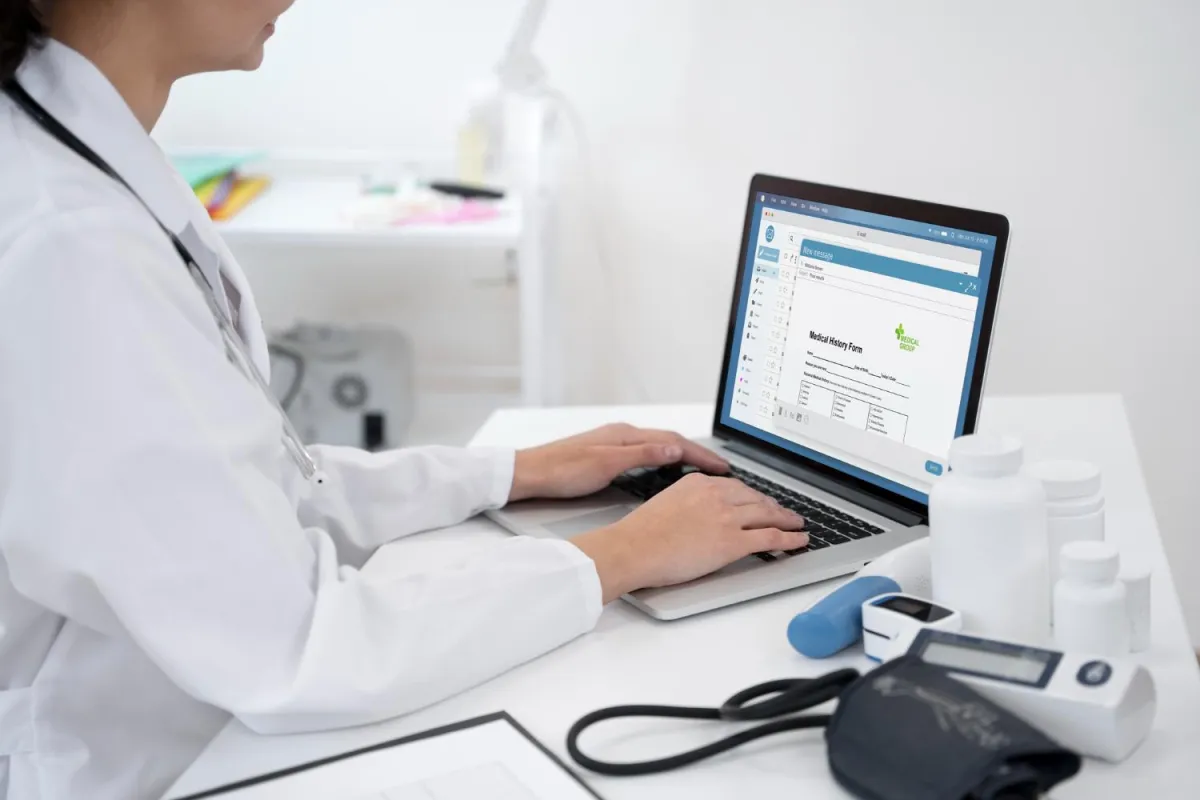
Maximizing the Benefits of CRM Software in the Healthcare Industry
Customer Relationship Management (CRM) software has become a staple in many industries, transforming how businesses interact with their customers. In healthcare, CRM software offers incredible potential to enhance both patient and provider experiences. It serves as a powerful tool to streamline processes, help manage relationships, and improve the overall care journey for patients. With the evolving healthcare landscape, understanding the role and benefits of CRM software can be a game-changer for healthcare providers looking to improve their service.
We'll explore the essence of CRM software and how it's specifically crafted to meet the needs of the healthcare industry. This overview will include a look into its features and why it's becoming a vital component for healthcare professionals striving to maintain efficient and effective patient care.
Understanding CRM Software for Healthcare
CRM software is essentially a tool that helps manage and analyze customer interactions and data throughout the customer lifecycle. In a healthcare setting, it includes many useful features tailored to medical professionals. These solutions are designed to store important patient details, track their interactions, and analyze data to provide insights that lead to better care.
Here are a few common features of CRM software in healthcare:
1. Patient Information Management: This feature organizes patient data, including medical history, treatment plans, and appointment schedules, making it easy for healthcare providers to access and update.
2. Communication Tools: CRM software offers communication channels that allow healthcare providers to send reminders, follow-ups, and important updates to patients. This helps in maintaining an open line of communication, which is key for effective patient care.
3. Data Analytics: These tools analyze patient data to provide insights on treatment effectiveness, patient satisfaction, and operational efficiency. This leads to informed decision-making and potentially better health outcomes.
4. Integration with Existing Systems: CRM software can often be integrated with existing healthcare management systems, ensuring that all patient information is synchronized and easily accessible.
CRMs tailored for healthcare not only streamline daily operations but also enhance patient relations by ensuring timely and personalized interactions. When implemented correctly, healthcare CRM software can improve the manner in which healthcare providers manage interactions, ultimately leading to an enriched patient experience.
Benefits of Using CRM Software in Healthcare
One of the most impactful advantages of CRM software in healthcare is how it enhances patient management. By organizing and storing patient data, healthcare providers can access information like medical histories and current treatment plans quickly, ensuring they deliver timely care. This easy access to patient details makes it simpler to provide personalized service, improving how patients are managed overall.
CRM software also boosts communication between healthcare providers and their patients. It offers tools for sending out appointment reminders, follow-up messages, and important health updates. This not only aids in keeping patients informed but also strengthens the connection between the patient and provider. By having a reliable communication channel, patients often feel more supported, which can lead to higher satisfaction and adherence to medical advice.
On the administrative front, CRM software significantly streamlines many time-consuming tasks. From scheduling appointments to managing billing processes, the automation of these tasks means less time spent on paperwork and more time dedicated to patient care. By reducing potential errors and speeding up administrative processes, healthcare providers can operate more efficiently and stress-free.
Integrating CRM Software into Your Healthcare Practice
Successfully integrating CRM software into a healthcare practice requires thoughtful planning. Start by clearly identifying what you need from the software. Consider factors like existing gaps in patient management and the types of data integration necessary. This helps in selecting a solution that aligns perfectly with the specific needs of the practice.
Once a suitable CRM solution is chosen, focus on training staff effectively. Ensure everyone understands how to use the system, highlighting the benefits it will bring to their daily responsibilities. A well-informed team can leverage the software to its fullest potential, enriching both patient care and operational efficiency.
It's important to maintain data security and comply with healthcare regulations throughout this integration. By familiarizing oneself with health data laws, such as the Health Insurance Portability and Accountability Act (HIPAA), practices can ensure robust security measures are in place. This not only protects patient information but builds trust with those receiving care.
Maximizing the Potential of CRM Software
To fully utilize CRM software, regular updates and upgrades are key. Keeping the software current ensures it runs smoothly and benefits from the latest features. This leads to better performance and often more innovative solutions to address evolving healthcare challenges.
Data analytics is another aspect to harness when maximizing CRM potential. By analyzing collected data, healthcare providers can gain insights into patient trends and outcomes. This information can guide treatments and improve the healthcare service offered, making informed decision-making easier.
Encouraging continuous feedback from staff helps uncover opportunities for further optimization. Training sessions and open discussions about the software’s use can lead to improvements that enhance both patient and provider experiences.
By understanding these methods of integration and maximizing CRM capabilities, healthcare practices can significantly improve their services, benefiting both their teams and the patients they serve.
To explore how CRM software can transform your healthcare practice, consider visiting ResQEngage for tailored solutions. By leveraging the right CRM software for healthcare industry, you can streamline operations, improve patient satisfaction, and enhance overall service delivery. Discover the potential of CRM to better manage interactions and care for your patients.